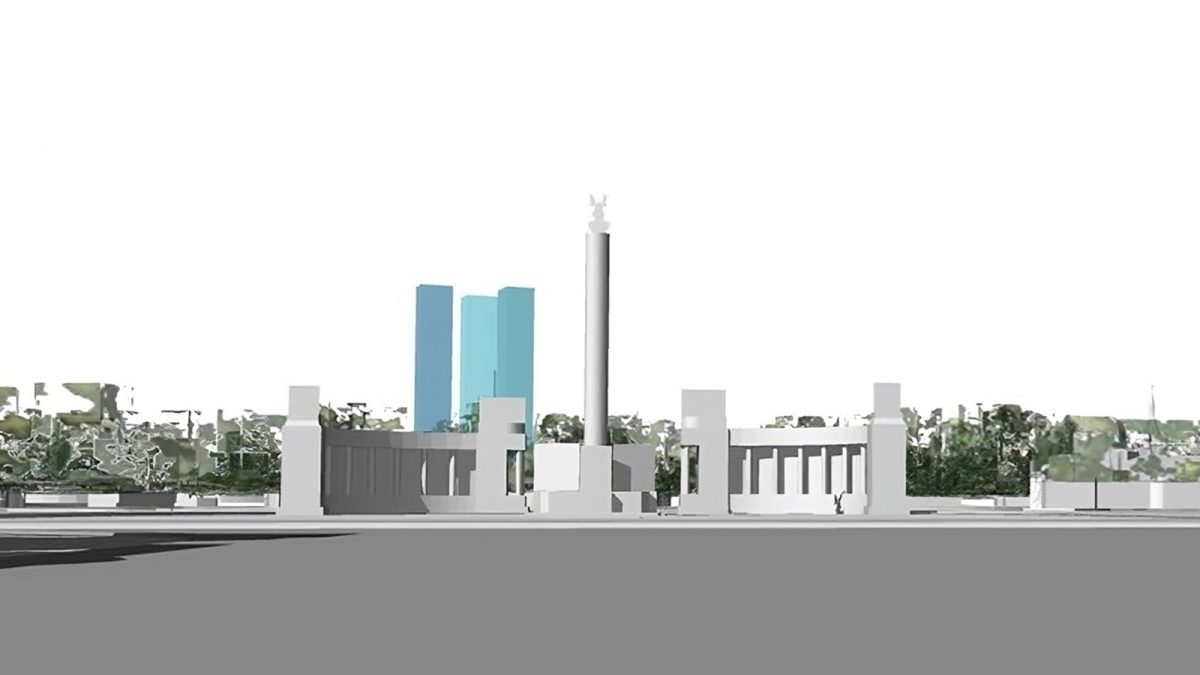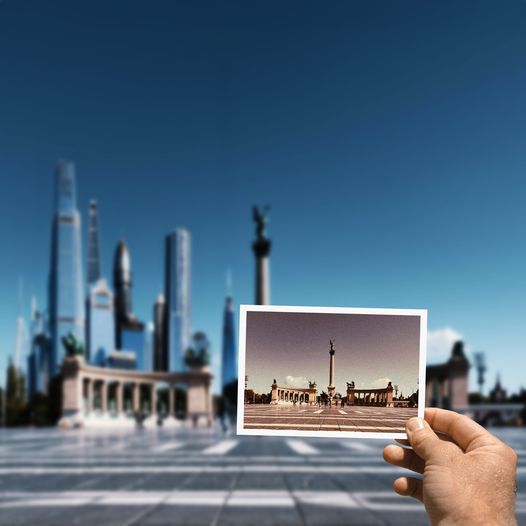Change language:
Will the luxurious mini Dubai propel real estate prices to new heights in Budapest?

Revitalised Rákosrendező, mini Dubai coming
As we have reported earlier, Hungary signed a cooperation pact with UAE, which established the conditions for a EUR 5 billion rehabilitation project in Rákosrendező, Budapest. In a landmark agreement between the government and the UAE, plans are underway to rejuvenate the surroundings of Rákosrendező Railway Station, heralding the dawn of a new urban hub within the capital.
Envisioned as a vibrant nucleus, this redevelopment initiative promises not just a facelift but a complete overhaul, featuring contemporary shopping malls and residential complexes. With the potential to reshape not only the 14th district but also the nearby neighbourhoods, this investment may transform the city’s real estate landscape.

Already a popular locale
As reported by Pénzcentrum, otpotthon.hu’s data reveals that the average price per square metre of an apartment in District 14 has surpassed HUF 1 million (EUR 2,538), reflecting its burgeoning popularity. However, the new luxurious mini Dubai project is poised to have a further price-inflating impact on the nearby Districts 4, 13 and 15.
According to otpotthon.hu, there is already increased interest in these districts. District 4, Újpest, proves to be the most popular district in the Hungarian capital, while District 13 stands as the third and District 14 the seventh most sought-after neighbourhood. Zsuzsa Lipták, Chief Executive Officer of otpotthon.hu, highlighted:
While these districts are already popular among prospective homebuyers in Budapest, this investment could serve as an additional drawcard.
It’s worth noting that the impact of mini Dubai extends beyond the realm of standard residential properties. The involvement of Mohamed Alabbar’s company, known for its luxury investments worldwide, hints at a potential expansion of Hungary’s property market. Alabbar’s illustrious track record suggests the prospect of nearly one percent expansion in the nation’s luxury real estate portfolio.
Hungary’s luxury property market
Traditionally, premium properties command a premium price, often exceeding one and a half times the average rate for properties within their category. Currently, approximately 730 houses and 640 apartments in Budapest qualify as luxury properties, marked by an average price per square metre 61 percent higher than that of an average apartment in the city, according to otpotthon.hu.
With the advent of mini Dubai, we can anticipate a potential shift in Budapest‘s luxury districts. Historically, Districts 1, 5, 7, 2 and 3 have boasted the highest concentration of luxury property listings in the city. Nonetheless, the emergence of this new project could usher in a period of heightened competition for these prime locales.

Read also:








If, and it is HIGHLIKELY to happen, your safest investment, is to take the odd’s on OFFER, that they will be PURCHASED by those not of HUNGARIAN DNA.
How convenient that the article hasn’t mentioned the opinions that are opposed to the project. Fortunately it is not a done deal yet so there is real chance for a project that serves the ordinary people of Budapest and Hungary. Dubai should stay where it is.